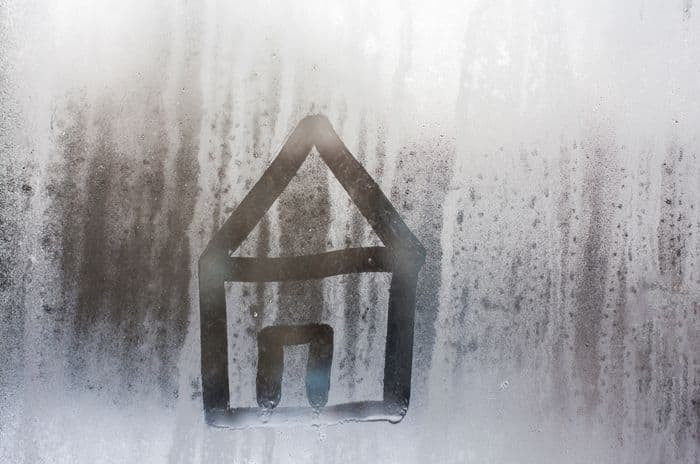Home > Energy > News > Coldest privately-let homes set for lower energy bills
Coldest privately-let homes set for lower energy bills
Improved regulations compel landlords to improve some of coldest homes but Government urged to go further.
The Government has announced landlords owning some of the most energy inefficient homes in England and Wales will be forced to upgrade their properties or risk being barred from agreeing new tenancies.
This means tenants in some of the coldest properties should benefit from warmer homes and lower energy bills of up to £180 from 2019.
However, only properties in the lowest energy bands F and G will need to make improvements, and if the improvements cost more than £3,500 - the property will be exempt. Which will no doubt leave many to feel these measures don't go far enough.

Who will benefit from warmer homes?
If you live in a privately rented property with an Energy Performance Certificate (EPC) rating of F or G, you're living well below the recommended minimum rating.
From April 2018, landlords have been compelled to ensure that their properties meet the minimum rating of E on all new tenancies and for existing tenants by April 2020 with the exemptions mentioned above. Now works must take place in 2019 for all properties below the exemption cap of £3,500.
When the regulations were originally announced, the level of exemption was set at £2,500 and was only half of the level expected by campaigners. The new level of £3,500 has been greeted with cautious enthusiasm by campaigners who argue that a higher cap of £5,000 would protect tenants in the very coldest homes.
What improvements can we expect to see?
Tenants could see their properties improved in numerous ways including cavity or solid wall insulation, draught proofing, new heat pumps, higher rated external doors, secondary glazing and ceiling improvements.If gas mains are within 23 metres of the property, this may also include bringing off-gas properties on to the network.
As long as the property then obtains a minimum of an E rating on its EPC, the landlord can undertake whichever improvements they deem necessary, although they will probably involve some of the measures mentioned in this guide.
Is it enough?
On one side of the argument, you've got campaigners urging the Government to go further and implement the higher exemption cap that the Government's own impact assessment says would bring an additional 30,000 homes up to an E rating. They point out that raising the cap to £3,500 only brings an additional 5,000 homes into the improvement bracket.
Max Wakefield of 10:10 Climate Action commented: "This means that those in the very worst homes will still be left in the cold."
The National Landlords Association, however, have pointed out that landlords who can't or won't upgrade will simply leave properties empty. Also, Richard Jones of the Residential Landlords Association has previously said: "Unless they make funding available, landlords will be forced to pass these costs on to tenants in the form of higher rents."
A small win for tenants
Tenants living in the low rated properties in England and Wales have reason to be cautiously optimistic about these changes. Coupled with energy price cap proposals, they could ease the burden on those most at risk of fuel poverty, but this could be offset by rent rises as landlords try to cover their costs.
Campaigners will continue to argue for a higher cap, although the Government may well wait for the results of the updated regulations to take effect before making any further changes.
However, with the decrease in the number of houses bought specifically to rent out in the private sector, if landlords refuse to comply, they may simply remove their property from the market.
One final point - there's no guarantee that improvements made will raise properties to an E rating, meaning their energy bills will still be higher than they should be.
Get insider tips and the latest offers in our newsletter

We are independent of all of the products and services we compare.

We order our comparison tables by price or feature and never by referral revenue.

We donate at least 5% of our profits to charity, and we have a climate positive workforce.
Latest News

02 January 2024
Energy prices increase by 5%
23 November 2023
Energy price cap to rise 5% in January 2024
24 October 2023
Energy companies must do more to support customersGet insider tips and the latest offers in our newsletter



Comments (1)